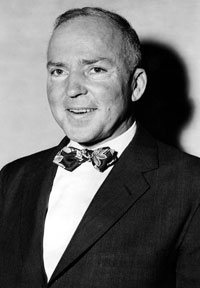A Quote by Sherman Alexie
The form I most enjoy writing is the sonnet or sonnet-like forms, where you have a - you know, three stanzas or two stanzas that lead into a concluding couplet.
Related Quotes
I came to writing mysteries through poetry and still think that a well-constructed mystery is very much like a well-constructed sonnet. Both are artificial forms. Both start off in one direction and then, with a twist of the concluding couplet/surprising ending, both reveal that they were headed somewhere different all the time.
In your language you have a form of poetry called the sonnet…There are fourteen lines, I believe, all in iambic pentameter. That’s a very strict rhythm or meter…And each line has to end with a rigid pattern. And if the poet does not do it exactly this way, it is not a sonnet…But within this strict form the poet has complete freedom to say whatever he wants…You’re given the form, but you have to write the sonnet yourself. What you say is completely up to you.
Often you've read another poem that you think is so beautiful that you'd like to make something like that. And so you try to make a sonnet that works in a certain kind of way, or you try to make something that's songlike, or you create a refrain, or you love the way a poem works in two line stanzas and you try to do that.
Once a poet always a poet, and even though I haven't written poems for a long time, I can nonetheless say that everything I've ever learned about writing lyrical fiction has been informed by three decades of writing in lines and stanzas. For me the real drama of fiction is almost always the drama of the language.



































